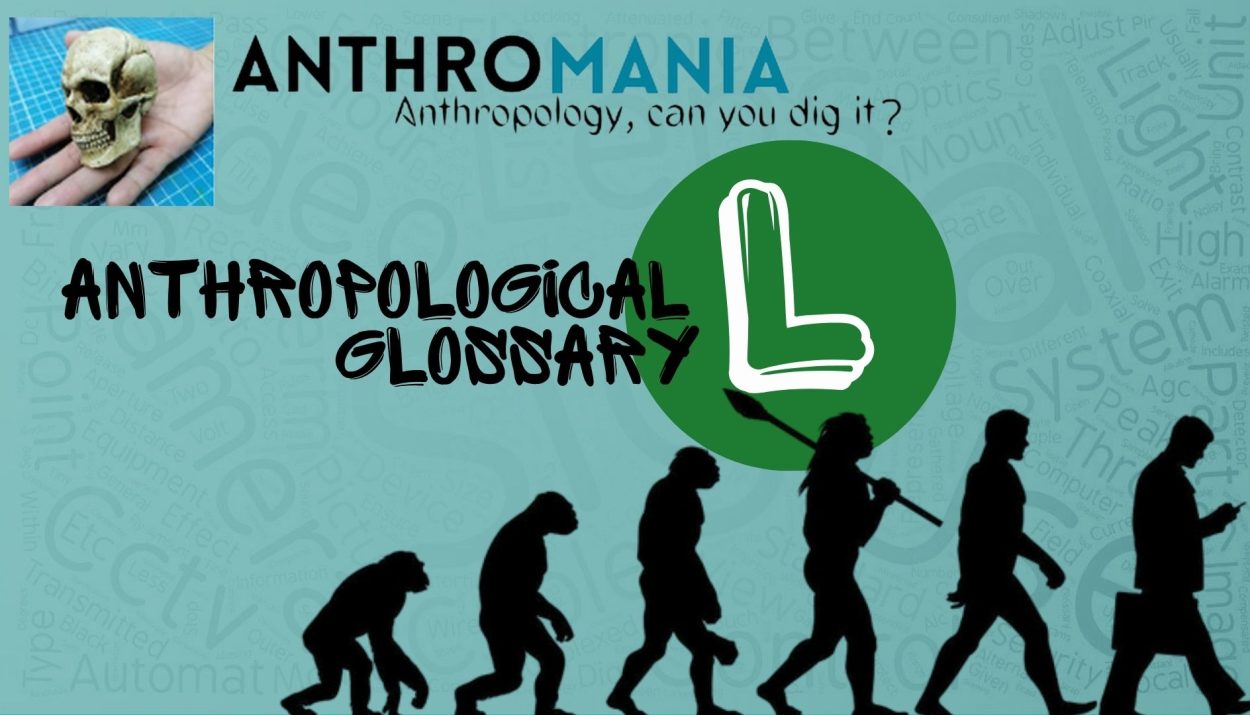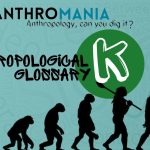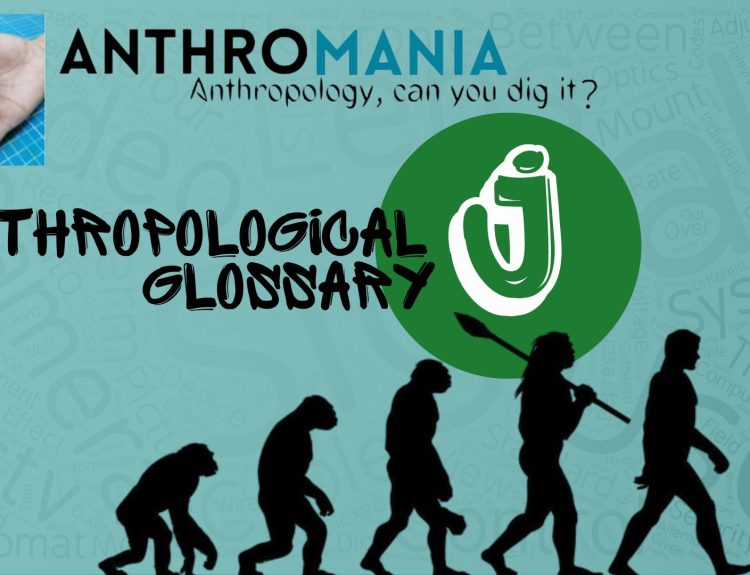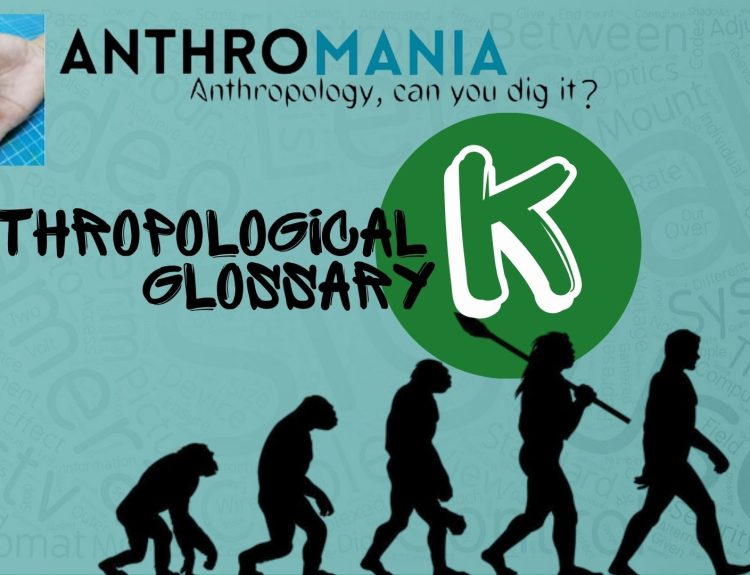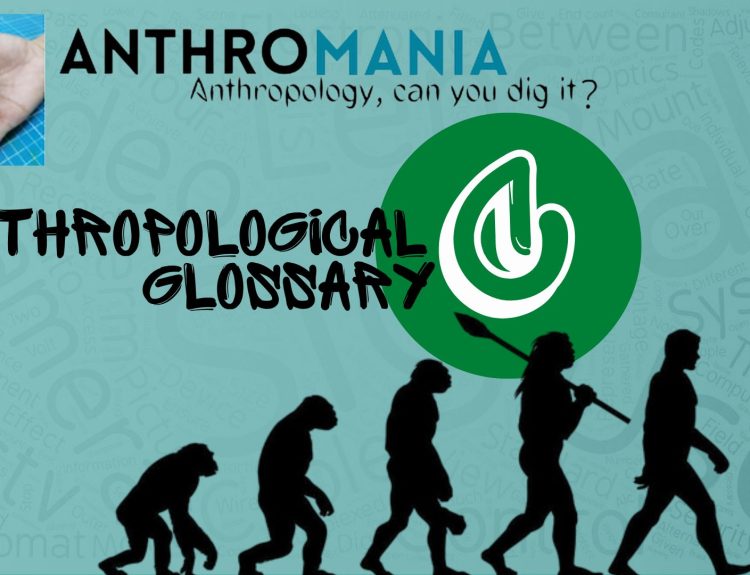Explore the Anthropological Glossary (Letter L) to learn about important anthropological terminology and concepts. These phrases cover a wide range of topics related to anthropological research, such as the understanding of human life and society, cultural practises, linguistic analysis, and archaeological techniques.
Landscape Archaeology: The study of how human societies have shaped and interacted with their environments over time, often focusing on the archaeological remnants of these interactions.
Language Family: A group of languages that share a common ancestor or origin, providing insights into historical connections between different linguistic traditions.
Legal Pluralism: The coexistence of multiple legal systems within a single society, including both formal state law and traditional or customary law, often leading to complex legal dynamics.
Levelling Mechanism: Social practices or customs within a society that prevent the accumulation of wealth and maintain social equality.
Levirate Marriage: A cultural practice in which a man is expected to marry his deceased brother’s widow, ensuring her protection and social status.
Lexicon: The complete set of words, vocabulary, and language terms used in a particular language or by a specific group, reflecting the concepts and cultural elements important to that group.
Life-Course Perspective: An approach in anthropology that examines how an individual’s life experiences and opportunities are influenced by societal, historical, and cultural factors over the course of their life.
Life Cycle: The stages of life that individuals go through, including birth, childhood, adolescence, adulthood, and old age, each with its associated cultural norms and rites of passage.
Life Expectancy: The average number of years a person can expect to live in a particular culture or society, influenced by factors such as healthcare, nutrition, and living conditions.
Life History: An individual’s biography or personal narrative, including significant events, experiences, and milestones, often studied in anthropology to understand how life histories are shaped by culture and environment.
Life Review: A process often found in elder cultures and societies, where individuals reflect upon their life experiences, share stories, and impart wisdom to younger generations.
Lifeworld: The everyday world as experienced and perceived by individuals, shaped by cultural and social norms, and providing the framework for understanding reality.
Liminality: The transitional phase during a rite of passage or ritual when an individual or group is in an intermediate state, neither fully part of their previous social status nor their new one.
Lineage: A group of relatives who trace their descent from a single ancestor.
Lingua Franca: A common language or communication system used for interaction between people who speak different native languages, often used in trade, travel, or colonial contexts.
Linguistic Anthropology: One of the four subfields of anthropology. It is the study of how language shapes and reflects human culture, social interactions, and identity.
Linguistic Diversity: The variety of languages spoken within a particular region or among a specific group, often reflecting cultural diversity and historical influences.
Linguistic Isolation: The state of a language being unrelated or not sharing a common ancestry with other languages, which can pose challenges for linguistic and anthropological research.
Linguistic Relativism: The concept that language influences and shapes the way individuals perceive and understand the world, as proposed by the Sapir-Whorf hypothesis.
Lithics: Stone tools or artefacts created by early humans, which are studied by archaeologists to understand technological advancements and cultural practices.
Little Tradition: The localized, indigenous, and often rural customs, rituals, and practices that are prevalent in specific communities or regions.
Localization: The adaptation or integration of global or external cultural elements into a specific local context, often resulting in hybrid cultural expressions.
Local Knowledge: The specialized knowledge held by individuals or communities about their environment, resources, and traditional practices, often valuable for sustainable resource management and cultural preservation.
Locomotion: The study of how humans and other animals move, including bipedalism (walking on two legs), which is a significant aspect of human evolution.
Locus of Control: A psychological concept related to the degree to which individuals believe they have control over the events and outcomes in their lives, which can vary across cultures and individuals.
Longhouse: A type of communal dwelling used by various indigenous peoples, such as the Iroquois of North America, characterized by its elongated shape and shared living space.
Lore: The traditional knowledge, beliefs, customs, and stories passed down through generations in a culture, often in oral or written form.
Lorekeepers: Individuals within a culture or community responsible for preserving and passing on traditional knowledge, stories, and customs to future generations.


